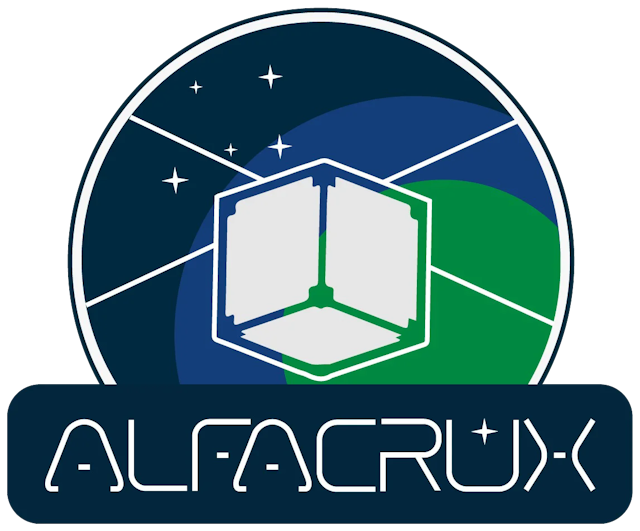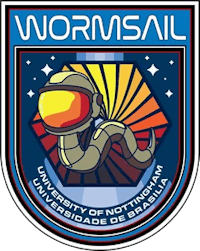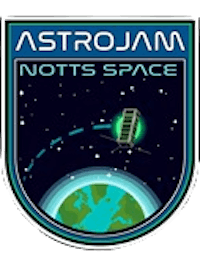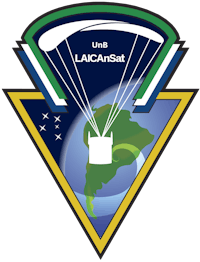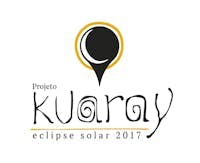AstroJam
The LODESTAR team is very proud to be a member of the AstroJam space mission! The AstroJam is a 3U student-led CubeSat designed to perform research at the University of Nottingham, with science payloads supported by the Astropharmacy Research Group and Nottingham Geospatial Institute (NGI). The payloads include a miniaturised fluorescence spectrometer for the in-situ analysis of cell free bioreporters producing analogue astropharmaceuticals and a CubeSat-based GNSS interference mapping payload. Additionally, an ADCS magnetorquer cooperatively developed with the LODESTAR team at the University of Brasilia will be used for detumbling and pointing the satellite. The mission is organised and run by students from various departments, involving them at Bachelor, Masters and PhD level and enabling them to develop their theses into hands-on, working pieces of space technology. The AstroJam main bus subsystems (OBC, EPS and radio transceiver) are commercial off the shelf items, although notably structural components will be partly manufactured in-house at UoN, while other components will be manufactured using additive manufacturing technologies from specialised companies in Nottingham and Europe. AstroJam will provide both IOD of the first CubeSat hosted GNSS interference mapping payload, as well as validation of the first University-led biomedical CubeSat payload - both cutting-edge research areas that have well cited potential applications. The in-situ culturing and analysis of cell-free synthesised astropharmaceutical molecules has almost limitless applications to microgravity research and technology to support future crewed missions for food and medicine production, waste treatment and ISRU (In-Situ Resource Utilisation). Similarly, the ability to monitor GNSS interference using relatively low-cost satellites may lead to future constellations dedicated to GNSS signal monitoring, increasing revisit time, and allowing resources to be focused on areas with degraded performance. The LODESTAR team will also support the AstroJam mission in the ground segment by receiving telemetry in a reliable communication channel. The LODESTAR team thanks the University of Nottingham for the partnership!

